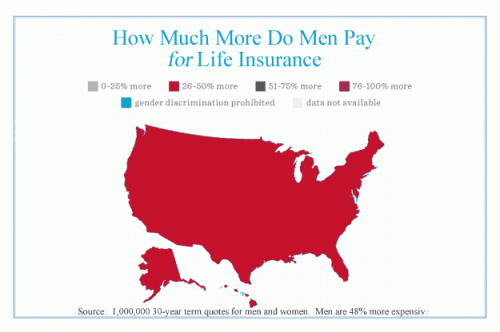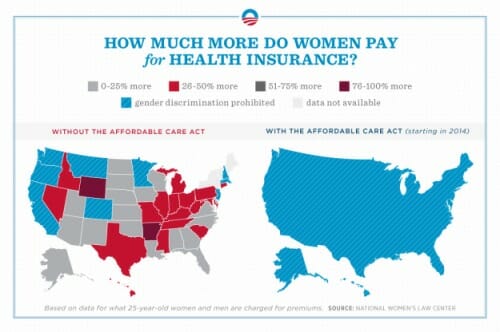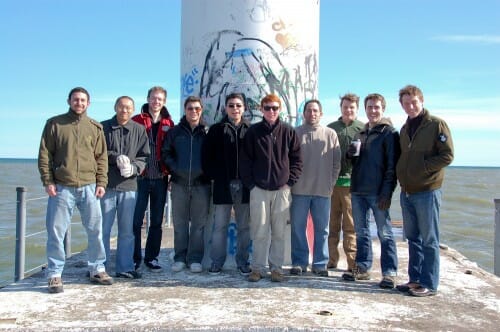Too Easy to Make War
Since I am on the subject today of topics my thinking has changed on over the last 30 years, I will link this post from Kevin Drum arguing that we need to make war hard again. I have not read Rachel Maddow's book and am unlikely to, if for no other reason than style issues, but I must say that I have come around to the point Drum derives from it
If you can get past that, though, there's a deadly serious argument here that deserves way more attention than it gets. The book is, basically, a series of potted histories that explain how we drifted away from our post-Vietnam promise to make sure we never again went to war without the full backing and buy-in of the American public. Maddow's premise is that, just as the founders intended, our aim was to make war hard. Presidents would need Congress on their side. The Abrams Doctrine ensured that reserves would have to be called up. Wars would no longer unfold almost accidentally, as Vietnam did.
And for a while that was the case. ...
Maddow's argument is that we need to start rolling back these changes of the past two decades. When we go to war, we should raise taxes to pay for it. We should get rid of the secret military. The reserves should go back to being reserves. We should cut way back on the contractors and let troops peel their own potatoes. And above all, Congress should start throwing its weight around again. It's fine to criticize presidents for accreting ever more power to themselves, but what do you expect when Congress just sits back and allows it happen? Our real problem is congressional cowardice: they don't want the responsibility of declaring war, but they also don't want the responsibility of stopping it. So they punt, and war becomes ever more a purely executive function.
I am mostly in agreement with this (though I am not sure why soldiers rather than contractors should peel potatoes). War has become way too easy -- though I would argue that Drum needs to look in a mirror a bit here. He has been a huge supporter of Obama using executive powers to end-around Congressional opposition on things like the budget. It's hard for him to credibly turn around and say that this same executive end-around Congress is bad in war-making. I will be consistent and say it's bad for both.
I have not read the book, so perhaps this is covered, but I would argue that there are external factors driving this change in addition to internal factors.
The current Presidential ability to fight small wars without much Congressional backing is not entirely unprecedented. Teddy Roosevelt did much the same thing with his gunboat diplomacy. There were two external conditions that allowed TR to get away with this that are similar to conditions that obtain today. One, we had a decisive economic and technological advantage over the countries we were pushing around (e.g. Columbia). And two, there was no superpower willing to challenge us when we meddled in small countries, particularly in Latin America where the major European powers were willing to let us do whatever we wanted.
I would argue that these conditions again obtain since the fall of the Soviet Union, and allow the US to lob around cruise missiles (the gunboat diplomacy of the 21st century) with relative impunity.








